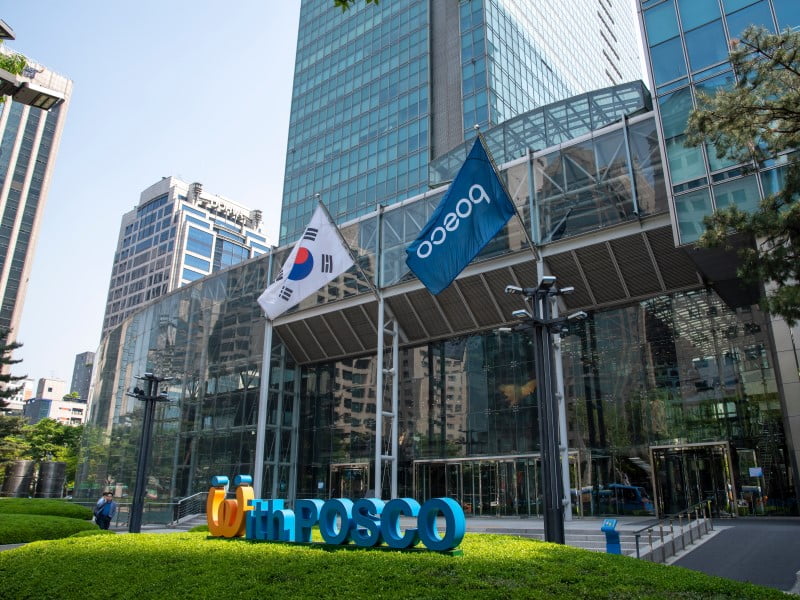A new green iron project could be developed in Western Australia, with South Korean steel maker POSCO and French energy company ENGIE teaming up on a pre-feasibility study.
The study would determine the viability of using renewable hydrogen to produce hot briquetted iron (HBI) – a precursor to steel production – at a POSCO’s proposed HBI plant at Port Hedland in the Pilbara.
The initiative would leverage Western Australia’s iron ore production expertise to move up the export value chain by domestically producing an important steel input, according to the state government.
The state produces 38 per cent of the world’s iron ore, but this is exported overseas as an unprocessed commodity for use in steel production.

WA Hydrogen and Energy minister Bill Johnston said the state would continue to explore use cases for green hydrogen and is looking forward to the results of this pre-feasibility study.
“This builds off our successful Green Streel Opportunity report completed earlier this year, which mapped how WA iron ore can reduce emissions in steelmaking,” Mr Johnston said.
“Producing green steel would make WA a world player in the green industry, with current steel manufacturing generating more than seven per cent of global carbon emissions.”
In June, the Minerals Research Institute of Western Australia released a report on the state’s Green Steel Opportunity which outlined the production of hot briquetted iron as one of five industry opportunities.
The report found that a “comparison of the levelised costs of Green Iron in the form of HBI with the cost of fossil fuels pig iron… reveals a green premium of approximately $200/tonne”, mostly driven by the high cost of green hydrogen used in the modelling.
Western Australia is in the process of refreshing its renewable hydrogen strategy, which is to include production of green steel and green iron. The strategy update consultation paper also flags the use of renewable hydrogen for the production of cement, aluminum, and glass.
South Korean companies have been actively supporting development of the renewable hydrogen sector in Western Australia. In July, South Korea’s largest electricity company KEPCO signed a memorandum of understanding with the Western Green Energy Hub project.
There has also been significant green hydrogen interest from South Korean companies in Queensland, with a consortium including three South Korean conglomerates and an Australia-based subsidiary backing a $20 billion hydrogen and ammonia supply chain development project.
Do you know more? Contact James Riley via Email.

